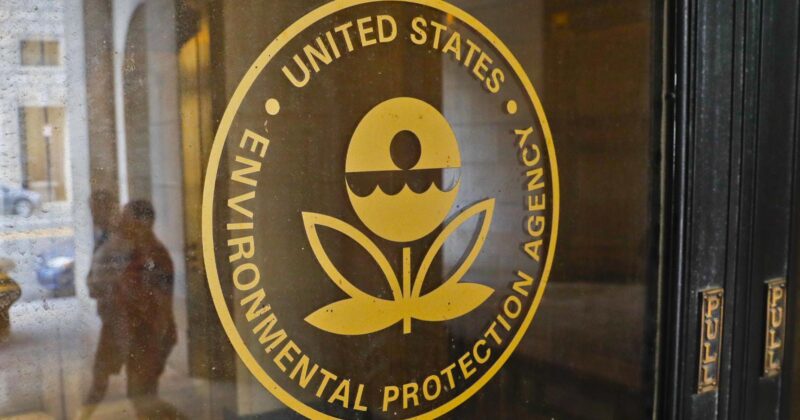The Biden-led Environmental Protection Agency (EPA) has approved a Florida project to use radioactive waste in road construction.
The EPA approved a project by Mosaic Fertilizer to construct a road using different mixtures of phosphogypsum, a radioactive waste.
Phosphogypsum is a radioactive byproduct of phosphate fertilizer production, and because of its radioactivity, it is usually stored in protective stacks.
In a statement the EPA shared that “Results from multiple modeling efforts indicate that risks due to the proposed pilot project are low.”
Per The Blaze:
After spending years talking a big game about improving the environment and public health, the Biden administration has evidently decided to end things on a radioactive note.
On Monday, the U.S. Environmental Protection Agency approved a request from Mosaic Fertilizer LLC, a major producer of phosphate fertilizer based in Tampa, to use phosphogypsum in a road construction project on private property in New Wales, Florida.
Phosphogypsum is a waste product generated by the phosphate industry when processing phosphate ore into the phosphoric acid used in fertilizer. This byproduct contains radium, which decays to form radon, an odorless and colorless radioactive gas linked to roughly 21,000 lung cancer deaths ever year, according to an EPA estimate. Under the Clean Air Act, phosphogypsum must be disposed of in engineered piles called stacks to limit public exposure.
A 2022 paper in the peer-reviewed journal Heliyon noted that phosphogypsum “stacked in the open severely damages soils, water systems, atmosphere and other environments.
Radon-222 exhalation and hazardous gases containing phosphorus, cadmium and Radium-226 may have a negative impact on the atmosphere, releasing highly polluting substances and spreading pollutants to nearby areas.”
Florida is getting a road made out of radioactive waste! Mosaic Fertilizer LLC was given permission by the EPA to make the private road at its New Wales facility out of phosphogypsum, a fertilizer byproduct which contains radium and gives off radon gas. pic.twitter.com/PbVaQQ2Ig1
— RT (@RT_com) December 27, 2024
Environmental activists are concerned about the new project due to the possibility of the Phosphogypsum leaking into groundwater.
Ragan Whitlock, an attorney for the Center for Biological Diversity, stated that the new project “dramatically increases the potential for harm to our road crews and water quality.”

